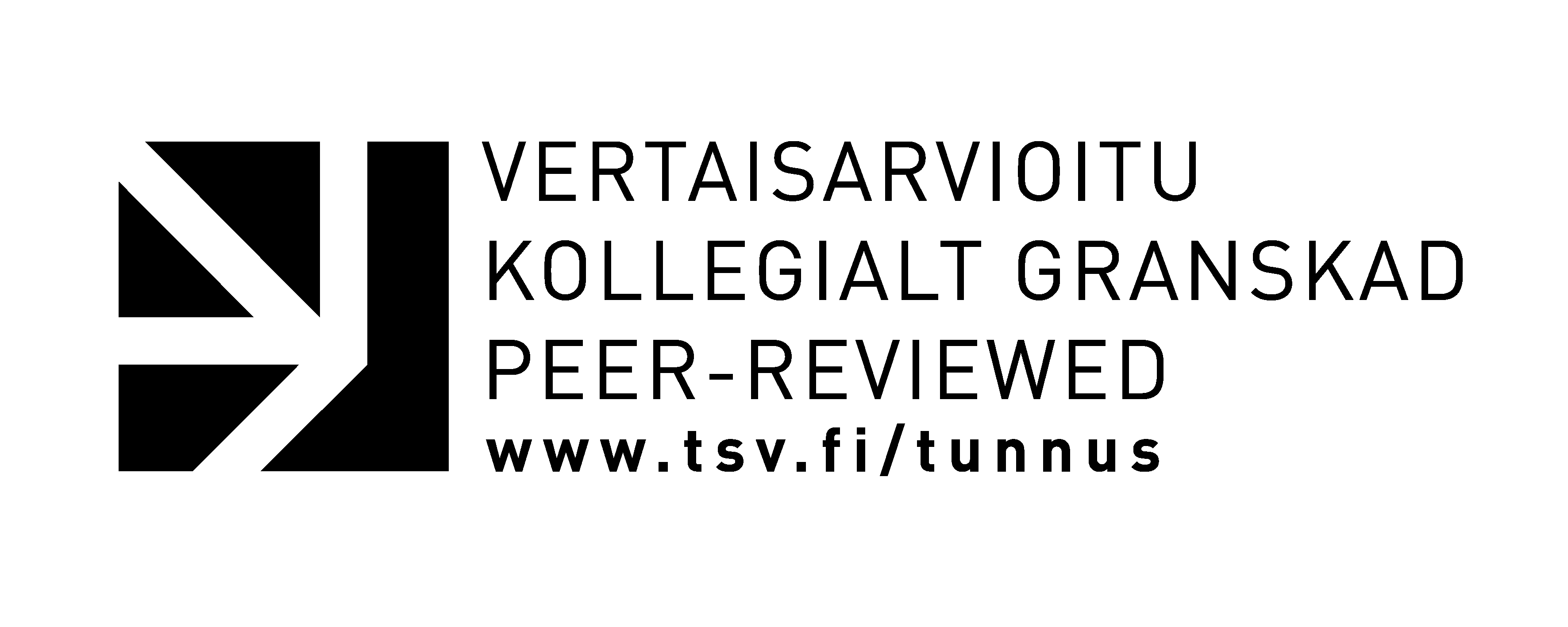Shifting Rural Rationalities: Protests on Traffic Infrastructures and Far-Right Scale Framing in Car-Dependent Places of Eastern Germany
Abstrakti
Current far-right stances on the climate-ecological crisis are highly ambivalent and contradictory, oscillating between glorification of nature and fetishization of fossil resources. Invocations of “the rural” serve as semantic mediations, enabling populist radical right parties to apply seemingly frictionless and multi-scalar narratives of far-right ecology to rural protests. The paper discusses the role of rurality for populist scalar re-articulations and the latter’s impact on car-centric rural protests by applying antagonistic democracy theory to two local conflicts revolving traffic infrastructures. Drawing upon findings from a qualitative longitudinal study in small towns in Brandenburg, Germany it is argued that rather hoping to “tame” far-right populism it is promising to identify and support resistive moments within rural protest groups, even though their claims and demographics might unease critical geographers at a first glance. In this analysis scalar-sensitive geographical approaches prove to be relevant as they allow to disentangle rural rationalities, comprised of both, far-right multi-scalar discourses and protestors narrations of (car-)dependency. If anti-fascist geographies are to counter the advent of fossil-fascism in Europe, it is argued, that geographers need to envision alternatives. This would mean to collaboratively create conceivable rural imaginaries of political, economic and ecologic self-determination – emancipated from current car-centric narrations.

Julkaistu
Viittaaminen
Copyright (c) 2022 Valentin Domann

Tämä työ on lisensoitu Creative Commons Nimeä-EiKaupallinen-EiMuutoksia 4.0 Kansainvälinen Julkinen -lisenssillä.







